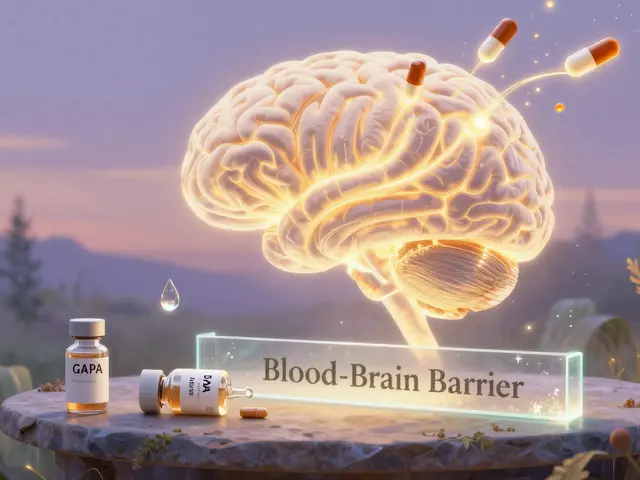Consistent Vitamin K: What It Means for Your Blood, Bones, and Medications
When you hear consistent vitamin K, the steady, daily intake of vitamin K needed to keep blood clotting and bone metabolism stable. Also known as stable vitamin K levels, it’s not about taking more — it’s about taking the same amount every day. This isn’t just a nutrition tip. For people on blood thinners like warfarin, even small changes in vitamin K intake can throw off their entire treatment. One day you eat a big spinach salad, the next you skip it — and suddenly your INR spikes or crashes. That’s not luck. That’s biology.
Vitamin K deficiency, a condition where the body lacks enough vitamin K to support normal clotting and bone repair is rare in healthy adults, but it’s not unheard of — especially in older people, those on long-term antibiotics, or anyone with gut absorption issues. And when you’re taking warfarin, a blood thinner that works by blocking vitamin K’s role in clotting, your body’s balance becomes fragile. Warfarin doesn’t care if you got your vitamin K from kale, broccoli, or a supplement. It only cares how much you got. Too little? Risk of clots. Too much? Risk of bleeding. Consistency is the only thing that keeps you in the safe zone.
It’s not just about blood. bone health, the process of maintaining strong, fracture-resistant bones through nutrients like vitamin K and calcium relies on vitamin K too. It activates proteins that help lock calcium into your skeleton. If your vitamin K levels swing wildly, you’re not just risking clots — you’re quietly weakening your bones over time. That’s why doctors don’t just tell you to avoid vitamin K. They tell you to keep it steady. Same amount. Every day.
What does this look like in real life? It means if you normally eat two cups of kale a week, don’t suddenly eat five. If you take a multivitamin with K, don’t skip it on weekends. If you start a new supplement or antibiotic, check with your doctor — they can change how your body handles vitamin K. This isn’t about being perfect. It’s about being predictable. Your blood test results will thank you.
You’ll find posts here that dig into how medications like warfarin interact with food, why some people need to avoid certain supplements, and how aging affects vitamin K use. There’s also real talk about what happens when people suddenly change their diet — and how that leads to ER visits. You’ll see how vitamin K ties into kidney health, liver function, and even how some antibiotics mess with your gut bacteria that make vitamin K. No fluff. Just what you need to know to stay safe and in control.

Vitamin K Foods and Warfarin: How to Eat Consistently for Stable Blood Thinners
Learn how to eat vitamin K foods safely on warfarin. Consistency-not restriction-is the key to stable INR levels. Discover which foods to eat, how much, and how to avoid dangerous fluctuations.
Read More




